
Call us for any question
+91 7898 455 455GF and FF, Triveni Nilayam, Ram Mandir Road,
Bilaspur ChhattisgarhOffice Hour: 10:00am - 08:00pm
trivenihscbsp@gmail.com


Aphasia is a language disorder that affects a person's ability to communicate effectively, often resulting from stroke, brain injury, or other neurological conditions. Speech therapy plays a crucial role in supporting adults with aphasia, helping them regain communication skills, rebuild confidence, and improve quality of life.
Speech therapists work with adults with aphasia to improve language skills, including speaking, listening, reading, and writing. Therapy sessions focus on exercises and activities designed to strengthen language abilities and overcome communication barriers.
Speech therapy teaches adults with aphasia alternative ways to communicate when traditional methods are challenging. This may include using gestures, drawing, pointing to pictures, or using communication devices to convey messages effectively.
Many adults with aphasia experience difficulty with speech fluency, such as hesitations, pauses, or word-finding difficulties. Speech therapy techniques help improve speech fluency through exercises targeting word retrieval, sentence formation, and articulation.
Aphasia can significantly impact an individual's confidence and self-esteem in social and professional settings. Speech therapy provides a supportive environment for adults with aphasia to practice communication skills, build confidence, and regain independence.
Speech therapy sessions focus on improving social communication skills, including turn-taking, topic maintenance, and nonverbal communication. These skills are essential for engaging in meaningful conversations and social interactions with others.
Aphasia often co-occurs with cognitive impairments, such as attention, memory, and problem-solving difficulties. Speech therapy incorporates cognitive rehabilitation techniques to address these challenges and improve overall cognitive function.
Speech therapists provide education and support to family members and caregivers of individuals with aphasia. They offer strategies for effective communication, coping mechanisms for managing aphasia-related challenges, and resources for accessing additional support services.
Speech therapy is an ongoing process that evolves over time to meet the changing needs of adults with aphasia. Regular therapy sessions, home practice exercises, and periodic evaluations help individuals maintain and further improve their communication skills in the long term.
Speech therapy is a vital intervention for adults with aphasia, offering a comprehensive approach to improving communication abilities, enhancing quality of life, and promoting participation in everyday activities. By addressing the unique needs and challenges of each individual, speech therapists empower adults with aphasia to overcome communication barriers and live fulfill lives
